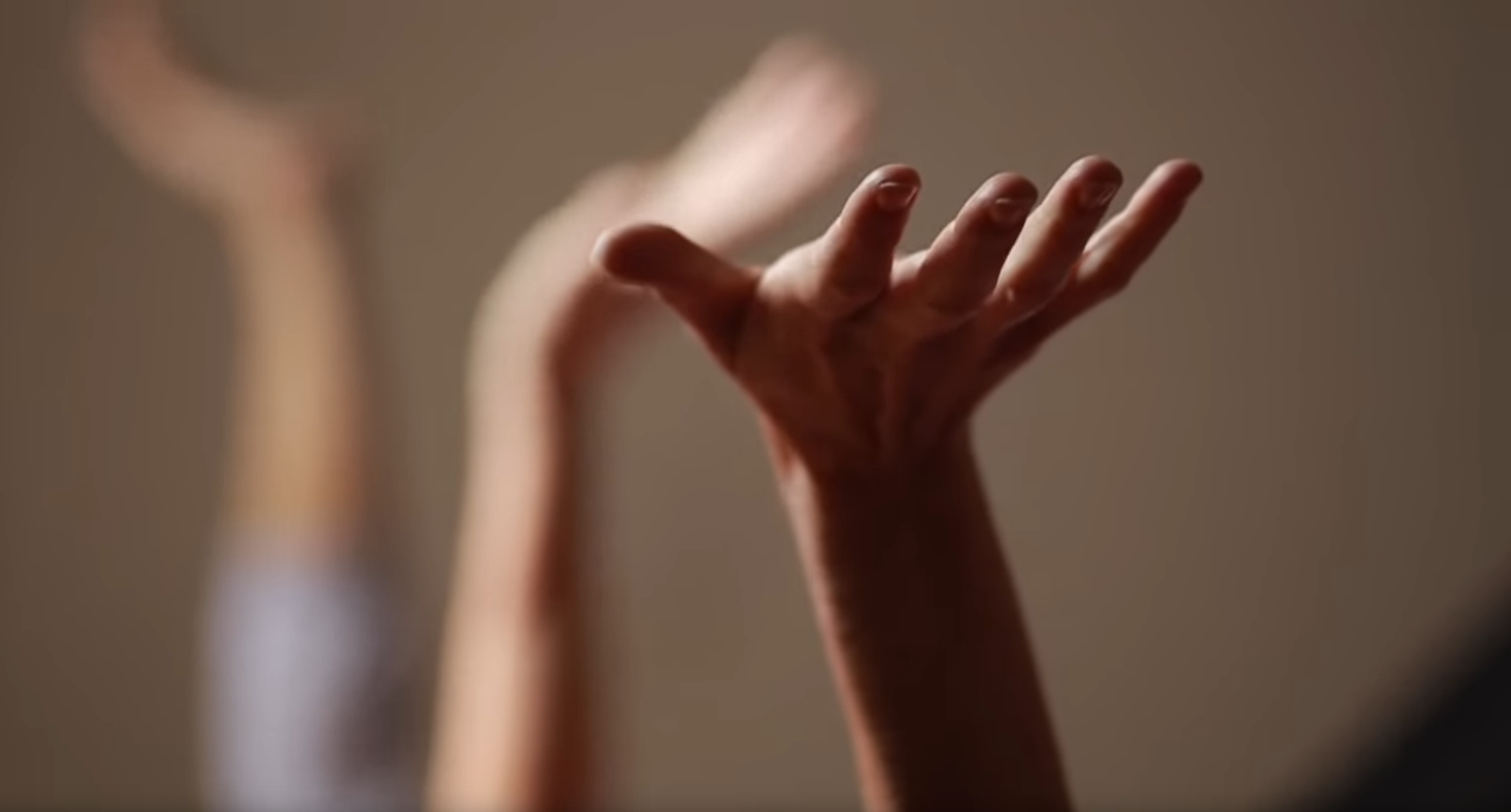What is Feldenkrais?
In everything we do, the quality of our actions depends essentially on how we deal with our present conditions and how we access our potential. If something doesn't go as desired, we find causes in our physique and its inabilities or in exterior factors. However, during our lifetime we have acquired numerous habits that can break the flow of a physical, mental, emotional movement. And very often we rely on exactly one option to shorten our muscles, arrange our bones and joints; to stand, sit, sleep, breathe, jump, write, speak, sing—even how we see the world and ourselves and ourselves within the world. Up to a point where we can't even imagine changing something, so we think that's just how we are, and that we can't learn any more.
In Feldenkrais we use easy movements to find out how we do what we do. We replace hurry and effort with awareness and efficiency. We discover and harvest potential, look at what we know from a new perspective and deepen what's worthwhile. Our movements gain range, our actions spontaneity, our thoughts clarity. A tender elegance accompanies our actions, and our technique becomes a servant of creativity. We learn how to learn.
Moshe Feldenkrais was a physicist, biologist, engineer; he helped build the State of Israel, attended the Sorbonne in Paris, was among the first Westerners to teach Judo. His ideas connect elements of western sciences, arts and far eastern traditions. He lived from 1904 until 1984.

My students say...
”Feldenkrais is such a radical way of thinking differently compared to what I'm used to. I might even learn to transform patterns of my personality that I thought were permanent. For me, probably the greatest challenge is observing myself without judging. But also on a merely physical level, I get immense benefit from this so very different kind of moving. I feel loose after the lessons and have less pain. Thank you for your wonderful way of finding words that easily allow sensing what's going on in my body.“